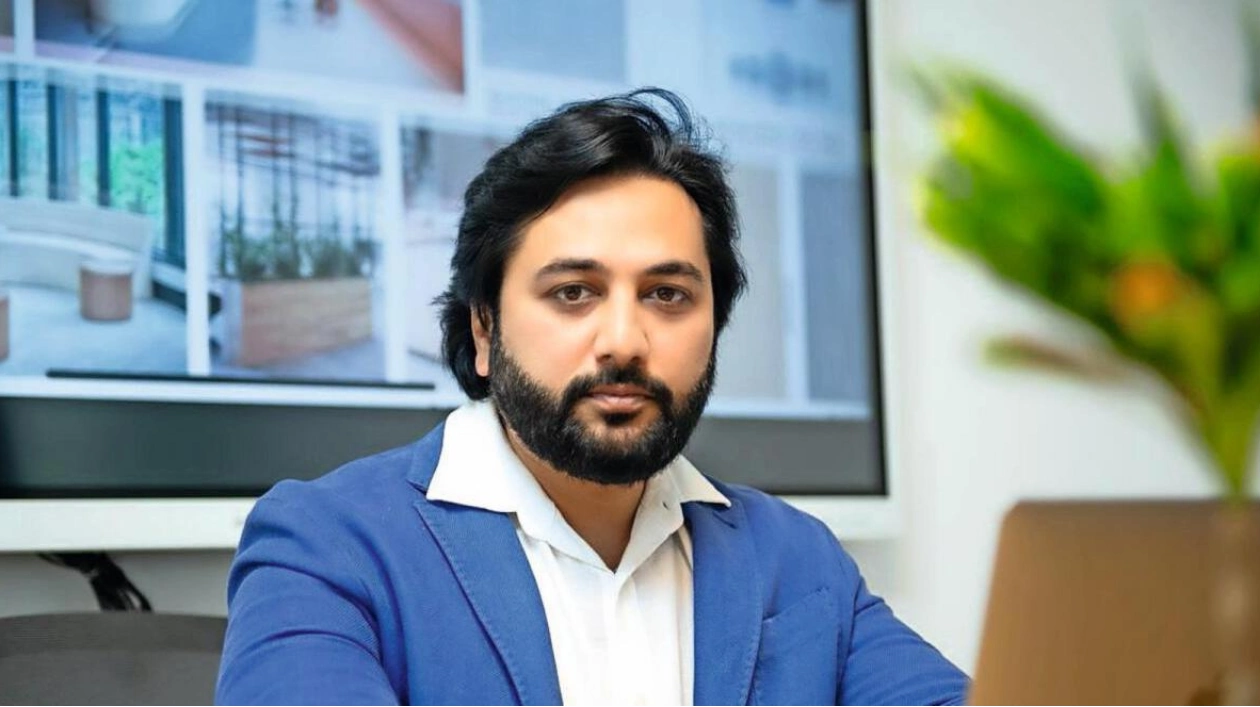In the fast-paced world of construction, the importance of sustainable practices in interior fit-out procurement is increasingly evident. The push for healthier and more environmentally responsible spaces is prompting industry leaders to embrace innovative strategies that prioritize sustainability. This article delves into effective approaches, drawing insights from a recent event that brought together professionals and thought leaders to discuss the future of procurement in the interior fit-out sector.
A Key Event for Industry ProfessionalsOn September 27, the JW Marriott Marina Dubai hosted a pivotal event organized by the Chartered Institute of Procurement & Supply (CIPS) and Creative Lab Interiors and Contracting LLC. This gathering attracted industry leaders, professionals, and dignitaries, all keen to explore the latest trends and best practices in interior fit-out procurement.
A highlight of the event was the panel discussion titled “The Future of Interior Fit-Out Procurement: Trends and Best Practices.” The panel, moderated by Deepika Rastogi, included esteemed speakers such as Chirag Naik, Toni Issa, Chashmi Soni, and Ayomiku Williams. The discussion emphasized the critical role of sustainable sourcing in reducing the environmental impact of the construction and fit-out industry, which is responsible for approximately 38% of global CO2 emissions.
Notable attendees included philanthropist Juhi Yasmin Khan, Abdullatief Bitawi, CEO of the Emirates Green Building Council, and Lemuel Marcelo. As the UAE continues to experience significant growth in construction and interior design, the discussions underscored the necessity for procurement professionals to remain agile and innovative.
One of the impactful strategies discussed was the importance of rethinking materials used in interior fit-outs. By opting for responsibly sourced materials like sustainable wood and low-VOC paints, businesses can significantly reduce waste while creating healthier environments. This approach not only benefits clients but also demonstrates a genuine commitment to sustainability that resonates throughout the industry.
Nirav, Founder and Managing Director at Creative Lab Interiors & Contracting LLC, emphasized that the future of interior fit-out procurement lies in integrating sustainability into every aspect of projects. “By prioritizing responsible materials and energy-efficient designs, we not only enhance the spaces we create but also uphold our commitment to the environment. Educating our clients about these sustainable choices is crucial; it fosters trust and encourages them to embrace green solutions. Together, we can drive meaningful change in our industry, ensuring that our projects contribute positively to both society and the planet.”
Sustainable procurement is more than just a concept; it is a call to action for procurement leaders. Understanding what sustainable procurement entails and how to incorporate it into the procurement process is crucial. While many associate sustainability with climate control measures, it extends beyond this to include ethical procurement, green procurement, and social procurement.
Chashmi Soni, Co-Founder and Design Director at Ceative Lab Interiors, added: “Sustainability in interior design is the future we must build today. It’s about creating spaces that reflect harmony between modern living and the environment. By using renewable resources, minimizing waste, and incorporating energy-saving technologies, we design for longevity and health.”
Nirav also highlighted the essential role of sustainability in fostering social responsibility, particularly through ethical workforce practices. Prioritizing employee well-being enhances integrity within organizations and builds long-lasting trust with clients. When team members feel valued and supported, their contributions significantly improve project outcomes and elevate client satisfaction.
Another key focus of the event was the role of energy efficiency in sustainable procurement. Participants gained valuable insights into how designing spaces that maximize natural light, implement efficient HVAC systems, and utilize smart energy solutions can significantly reduce operational costs while also minimizing their carbon footprint.
Nirav further emphasized the importance of partnering with subcontractors who are committed to sustainable practices. Conducting regular audits and establishing clear standards is crucial for ensuring that every link in the supply chain aligns with sustainability values. Moreover, fostering collaboration with clients is essential; by educating them on sustainable options—such as renewable energy solutions, water-saving fixtures, and green building certifications—trust is built, and overall project sustainability is enhanced.
Internally, companies should cultivate a sustainable culture by leading by example. Initiatives like going paperless, minimizing energy consumption, and promoting work-life balance contribute to a company culture that resonates with clients and employees alike.
When choosing fit-out partners, evaluating their experience, commitment to sustainability, technological proficiency, and project management skills is crucial. These criteria ensure that projects are completed efficiently while making a positive contribution to the environment and society. Strong partnerships can lead to innovation and streamlined processes, resulting in successful outcomes for all stakeholders involved.
Overall, the recent event served as a vital platform for knowledge sharing and collaboration within the interior fit-out sector, marking a significant step toward a more sustainable future. By embracing these strategies, professionals can navigate the complexities of procurement while contributing positively to the environment and society, ultimately meeting the growing demands of clients and the industry.






